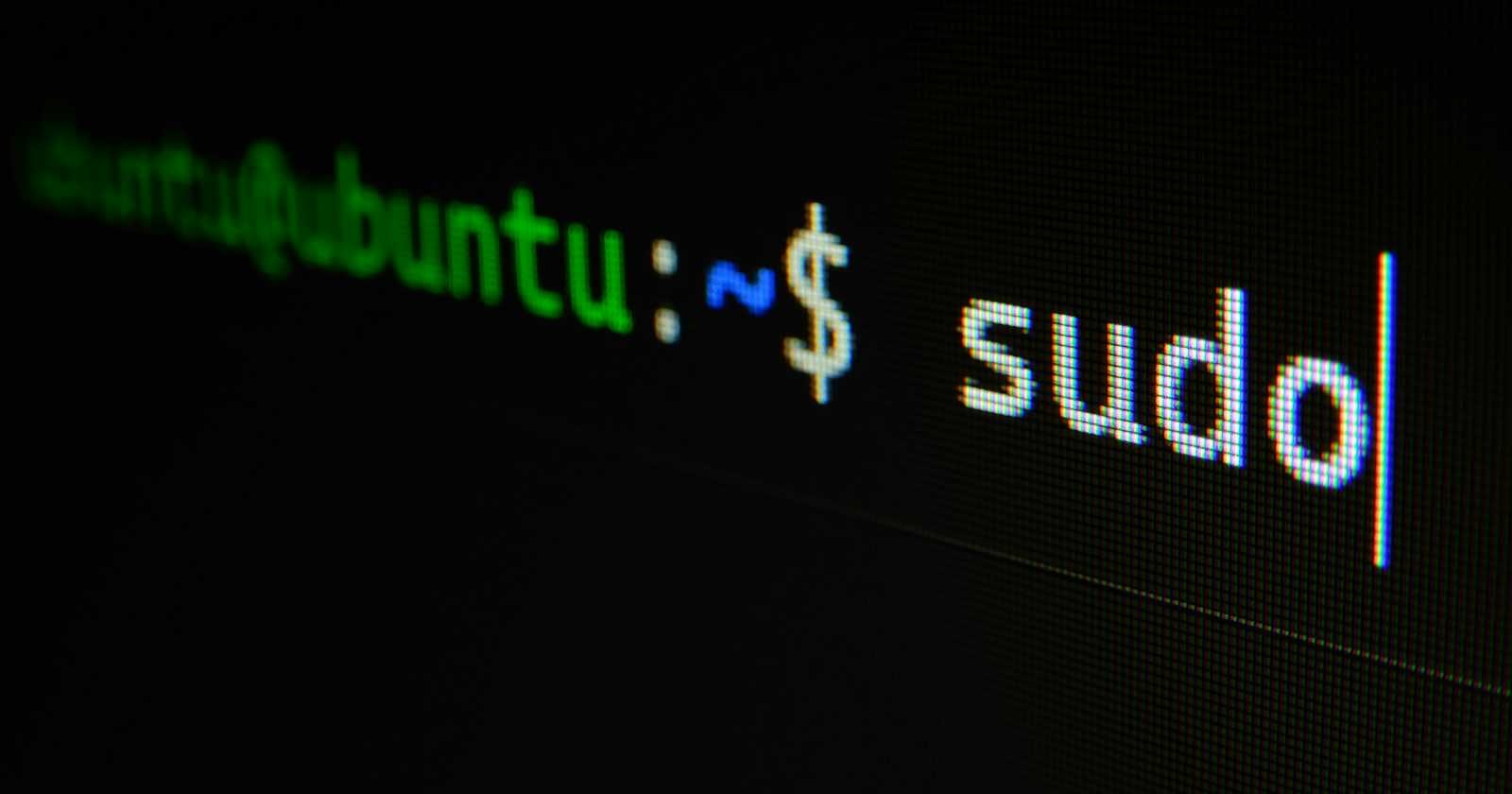uname : To check which platform you are using.
uptime : To check system uptime or when machines start.
date : To check the machine date and time.
who : To check all login user details with login time.
whoami : To check the existing.
which : To find the location of an executable file.
id : To check the user uid and group gid.
sudo : To provide administrator privileges.(sudo means Super Do)
cat /etc/passwd : To check created user.
shutdown : To shutdown your machine or server.
reboot : To reboot or restart your machine.
apt : Is a command line package manager. (For any installation, you need to use this command.)
apt-get : To download from the internet. (sudo apt-get install docker)
sudo apt remove docker : this will uninstall docker from your machine.
yum : This is used for CentOS system installation.
dnf : This is used for Fedora OS installation.
rpm : This is used for Red hat OS installation.
User and Group management commands:
sudo useradd -m user_name : To create a user
sudo passwd user_name : To create passwords for created users.
su : To change user.
sudo userdel user_name : To delete the user.
groupadd group_name : To create a group.
sudo gpasswd -a user_name group_name : To add a single user to an existing group. ( -a means adding one user at a time.)
sudo gpasswd -m user_name group_name : To add multiple users to an existing group. (-m means to add multiple users at a time.)
sudo deluser user_name group_name : To remove a user from a group.
sudo groupdel group_name : To delete a group. (The user will not delete.)
Linux File Permission Commands :
r - read
w - write
x - executable
chmod : To change the permissions of files and directories.
umask : To set the default permission for files or directories.
sudo chown user_name file_name : To change the ownership of the file.
sudo chgrp group_name files_name : To change the group permission.

